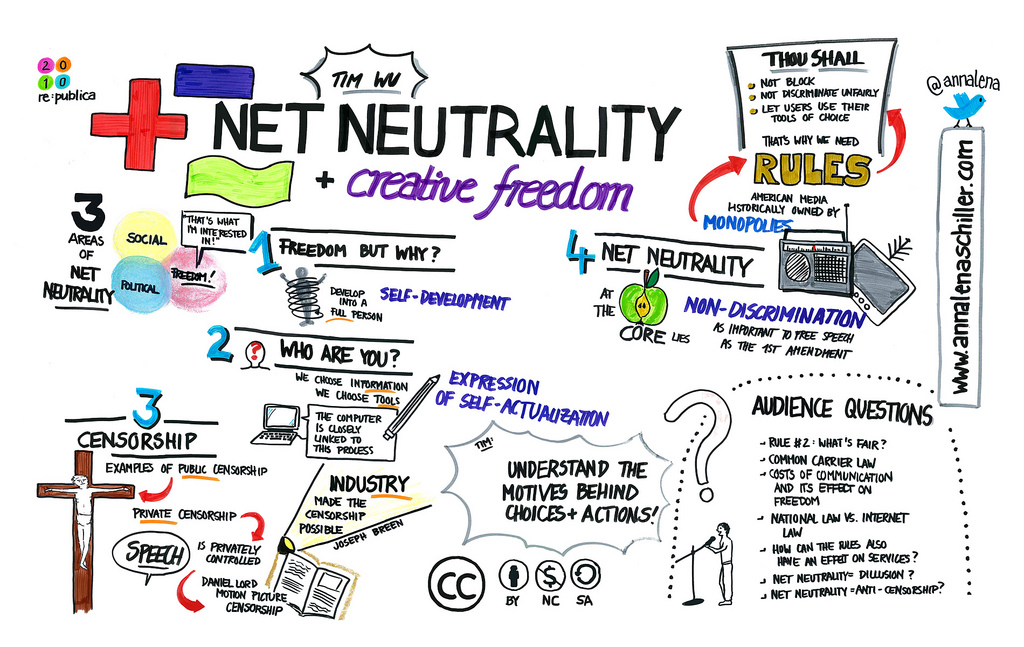There is much to like about last week’s CRTC’s differential pricing decision (also referred to as zero rating) with recent posts from Dwayne Winseck, Timothy Denton, and Peter Nowak providing some helpful analysis. My initial post focused on the CRTC’s key findings and the new framework that will govern differential pricing plans. In addition to those rules, however, there are several additional findings that will have significant implications.
One notable aspect of the decision is that the CRTC has effectively killed proposals to create Internet-style Cancon regulations. While there may still be efforts to impose requirements on companies such as Netflix, the ruling ends the possibility of granting preferential treatment to Canadian content in the provision of Internet services. Columnists such as Kate Taylor have speculated about new regulations and the Canadian Media Producers Association promoted the proposal in its submission to the CRTC:












